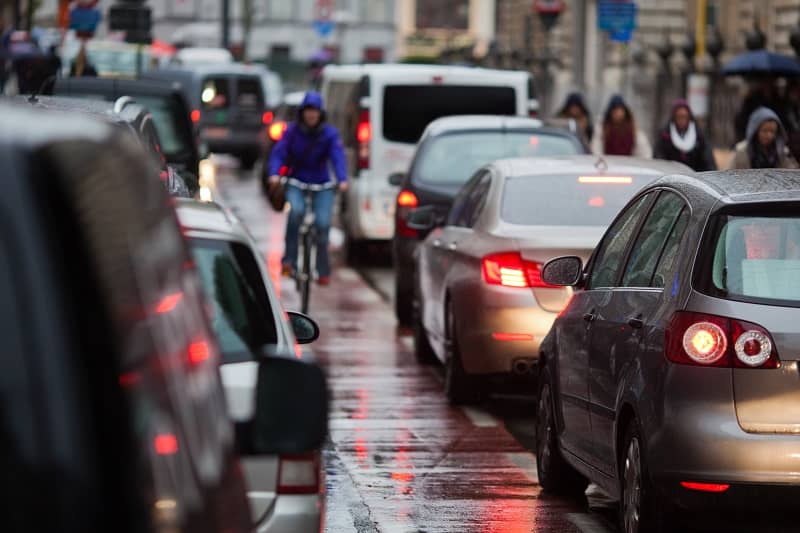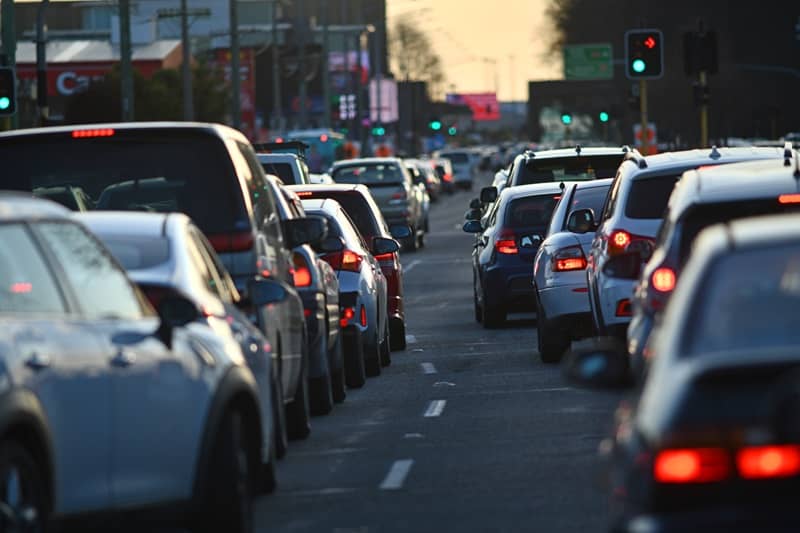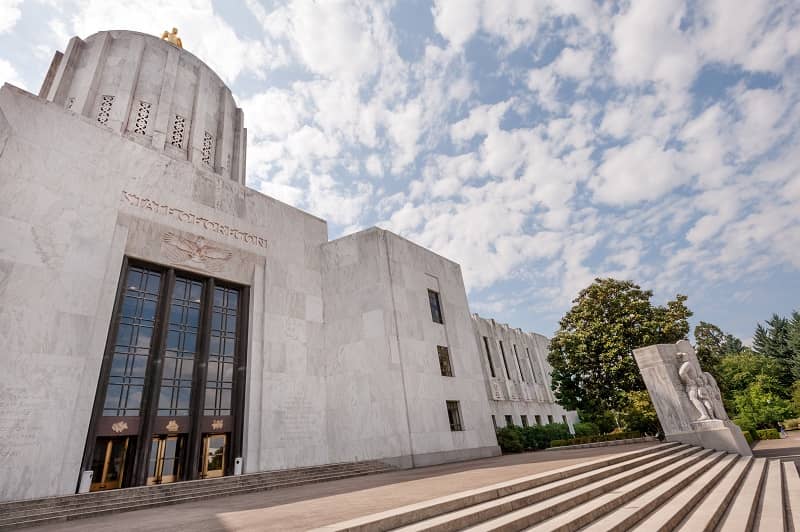 Good afternoon Chair Beyer and members of the Committee. My name is Steve Buckstein. I’m Senior Policy Analyst and founder of Cascade Policy Institute, a Portland-based think tank that promotes individual liberty, personal responsibility and economic opportunity in Oregon.
Good afternoon Chair Beyer and members of the Committee. My name is Steve Buckstein. I’m Senior Policy Analyst and founder of Cascade Policy Institute, a Portland-based think tank that promotes individual liberty, personal responsibility and economic opportunity in Oregon.
I’m here to question the necessity and effectiveness of all the bills before you today that seek to ban certain uses of cell phones while driving.
I think everyone agrees that cell phones have opened up wonderful benefits to our society. Most of us also agree that they have also introduced some risks. Unfortunately, politics is not a very good tool for weighing these risks and rewards.
I’m reminded of another hearing in this building, back in July of 1995. The House Interim Task Force on Light Rail heard from an economist that new transponder technology would be a better and cheaper way to reduce traffic congestion than building an expensive light rail line. He was brought up short, however, when Task Force Co-Chair Neil Goldschmidt told him, ”Professor, the technology is way ahead of the politics here.” I’m afraid the same problem is with us today; technological innovation is moving very rapidly, and our political system is not designed to keep up.
The very fact that all the bills before you make exceptions for using a cell phone to summon medical or other emergency help recognizes the tremendous benefit that cell phones offer to make our highways safer.
Regulating behavior may also simply shift risk to others. Some behavioral scientists speculate, for example, that seat belt laws cause some people to drive more recklessly. The result might be fewer drivers hurt, but more pedestrians injured, or more property damage as belted drivers get in more accidents. We don’t know how drivers might change their behavior if they can’t talk on their cell phones, but whatever harm results probably won’t be blamed on the cell phone ban, even though it should.
It’s impossible to legislate a totally risk-free society. All new technologies come with risks and rewards. The automobile itself kills several hundred Oregonians every year, yet we are willing to accept this risk because it’s outweighed by the tremendous benefits of time saving and flexible travel that cars offer most of us.
A better way to approach the risks of cell phones, as well as other risky behaviors while driving, is to simply enforce the laws already on the books dealing with reckless or negligent driving. Weaving in and out of lanes, tail-gaiting, and other dangerous behaviors are already grounds for being pulled over and cited.
In conclusion, criminalizing one more behavior threatens to erode our personal liberties, with little benefit to show for it.
Thank you for listening, and I’ll be happy to answer any questions.
Listen to the entire hearing. My testimony begins at 51:57 and Rep. Butler asks an interesting question at 57:19 into the hearing.











